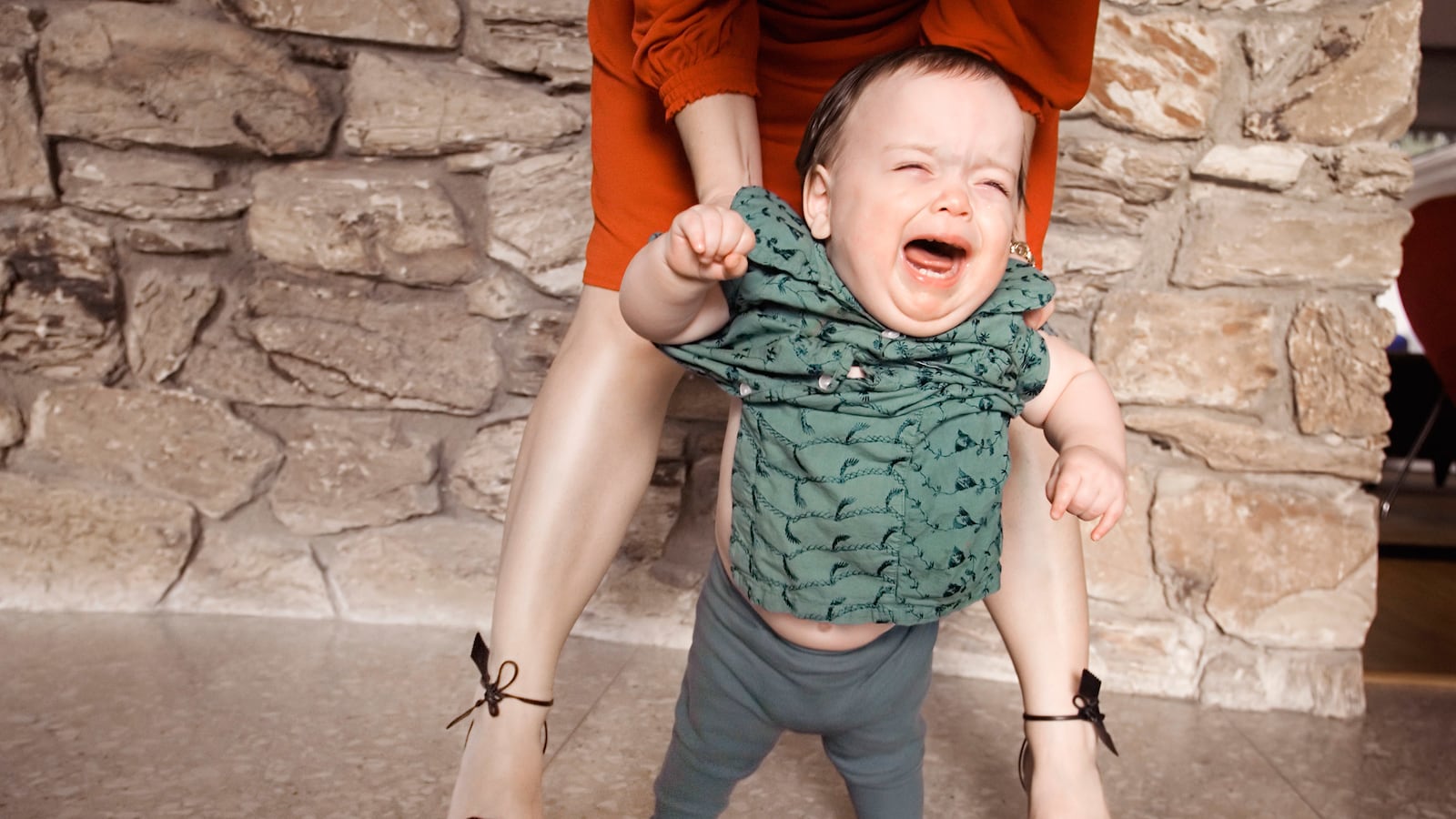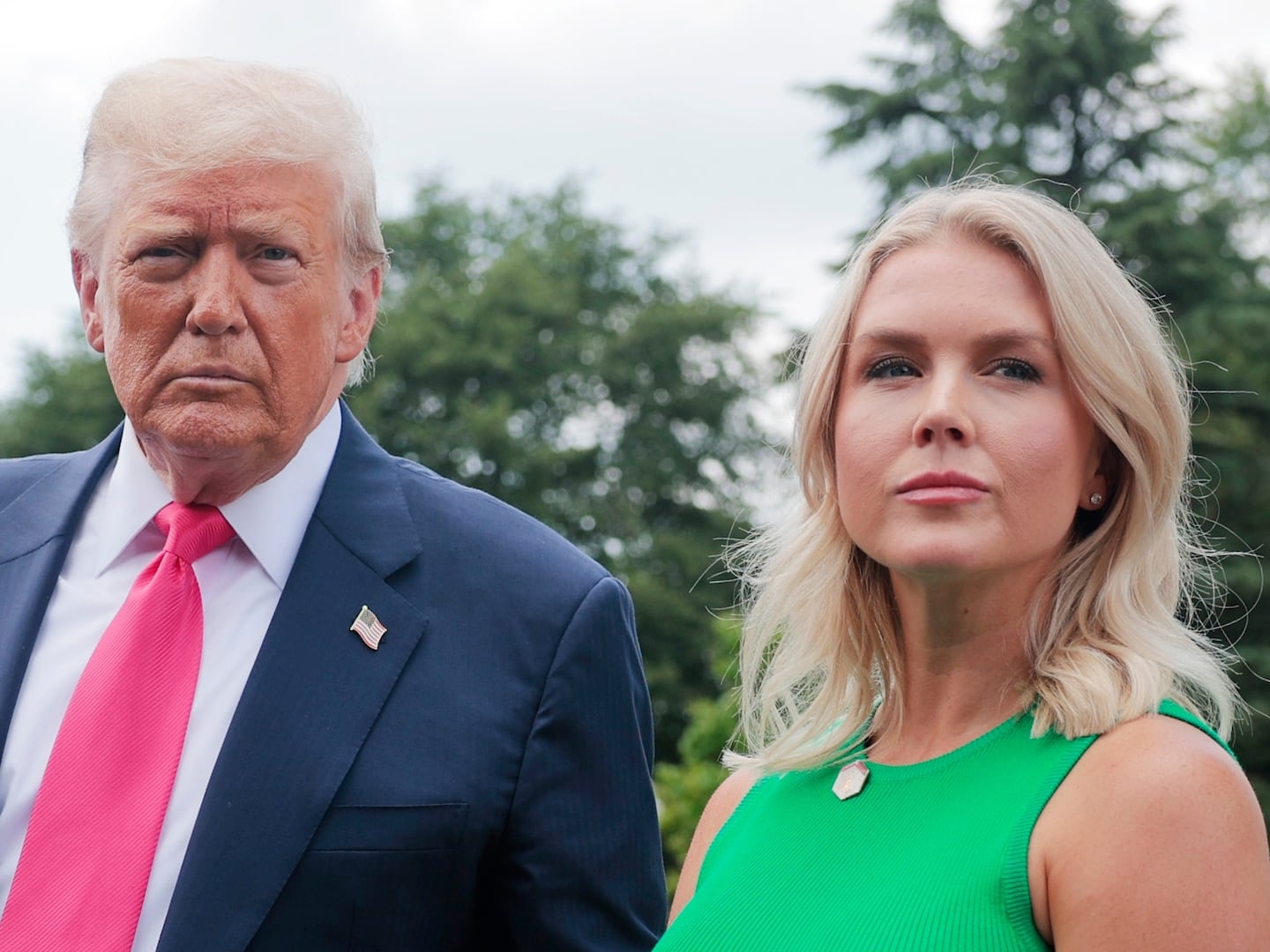It’s not easy for single women of a certain age to revel in their singledom. There comes a time—one that varies depending on cultural, geographic, and socioeconomic backgrounds—when the single woman in America feels like an anomaly among her peers, regardless of whether she’s single by choice or not.
In reality, the opposite is true: There are more single women now than ever.
In 2009, the number of American women who were married fell below 50 percent, and the number of women younger than 34 who had never been married climbed to 46 percent.
The numbers reflect a broader cultural shift that has allotted single women more power, influence, and freedom than ever before.
We’ve seen the single woman’s rise touted in books like Kate Bolick’s Spinster (2015), about how the author has managed to live independently for 39 years, taking cues from other unconventional women. We’ve seen it in television shows about powerful single women, too, like Liz Lemon in 30 Rock.
Now, feminist writer Rebecca Traister shows us just how far we’ve come in 50 years in her new book, All the Single Ladies: Unmarried Women and the Rise of an Independent Nation. (New York magazine ran a cover story adapted from the book last week, a viral essay about the value of the single woman’s vote in this election cycle.)
All the Single Ladies argues that single women, “untethered from the energy-sucking and identity-sapping institution of marriage in its older forms,” have long played crucial roles in our country’s defining social movements, from abolitionism to suffragism to feminism.
Traister—who married when she was 35 and had children soon afterward—also draws on contemporary references and interviews with roughly 100 women while exploring topics like female friendship, sex, sexual politics, racial and socioeconomic oppression, and nontraditional paths to parenthood.
Unsurprisingly, more women than ever are delaying parenthood, prioritizing their careers instead. And single motherhood, once the tragic plight of divorcés and widows, is now an economically feasible choice for women outside the confines of marriage.
“Having it all” means different things to different women, but an increasing number now feel that a traditional family is not necessary to that fantasy.
It’s important to note, as Traister does in the book’s preface, that a disproportionate number of the 30 women whose stories are featured in All the Single Ladies represent women like her: “college-educated feminists, writers and New Yorkers.”
There’s no question that these women are incredibly privileged, and privilege frequently dictates the choices women make, particularly when it comes to career and reproductive decisions.
Still, Traister found that ambivalence and fear about not having children was the most consistent anxiety among the single women she interviewed.
“Of course many single women also want to be in love and have a significant other, whether or not they want to get married,” Traister told The Daily Beast in a phone interview. “But increasingly they’re able to imagine that for themselves anytime in life. What they can’t imagine away is a biological clock.”
In her research, she found that women were less afraid of being single than they were of not having children while that window of opportunity remained open.
“The idea of marriage or falling in love now seems like a flexible thing for these women,” Traister said. They happily envisioned themselves being single well into their late thirties, if not longer. But the math was often at odds with their reproductive clocks.
In the book, one of Traister’s single mother subjects tells the author that she “just got tired of doing the math.”
But the technologies that help women have babies later in life, or on their own if they decide to do so, are often prohibitively expensive—as is the financial reality of being a single mother, even before she factors in emotional and energetic costs.
What makes Traister’s book so compelling is that it’s not prescriptive. Even as she writes enthusiastically about the opportunities newly available to single women, she does not endorse singledom.
She understands that being single can be a lonely existence, but she also insists it doesn’t have to be.
Indeed, anyone who has been in a bad relationship—or any relationship—knows that one can feel alone and bereft in committed relationships, too.
But where we view loneliness and singledom as natural pairings, we do the opposite with loneliness and marriage.
“This shows that we still consider married life enough of a norm that we believe deviations from it results in certain negative outcomes,” Traister said. “If someone is unhappy in a marriage, we don’t see it as symptomatic of the institution itself but of that person’s individual story.”
The reality is that there is a large diversity of experiences and paths that women may travel now as adults, and they can lead in many different directions—not all of them happy.
“To acknowledge liberation doesn’t mean the newly liberated outcomes are always positive,” she added. “It’s just acknowledging new opportunities, more opportunities.”
Does Traister think that life as a single man is difficult, too?
“Yes and no,” she says. “Men experience the full range of emotions that women do. Rejection. Sadness. Despair. Loneliness…I’ve certainly heard many stories of women being the noncommittal ones. Of course, there’s that experience of rejection that is part of the experience of single life for many people.”
However, Traister adds, men’s longer-ticking biological clock benefits them: “I think that gives them a longer view of sexual and romantic possibility.”
Traister proposes political and social initiatives that she believes would benefit single women, particularly marginalized single women—from expanding social welfare programs (“the only policy that has been shown to have a positive effect on marriage rates,” she said) to single-payer health care and mandated paid parental leave for both men and women.
In the book, she argues in favor of government policies that closely resemble the Nordic model, ones which many American economists would likely laugh at.
“I’m not trying to suggest that I’ve got it all worked out mathematically,” she said. “However I think we need a government that will support our newly reconfigured population, and certainly one that would raise the minimum wage.”






